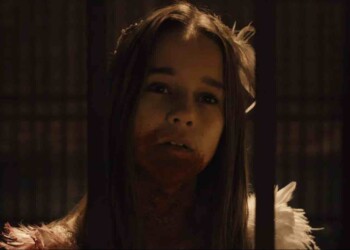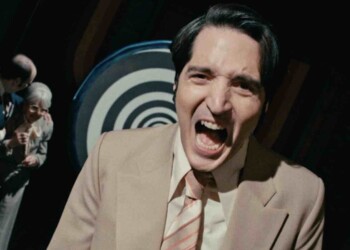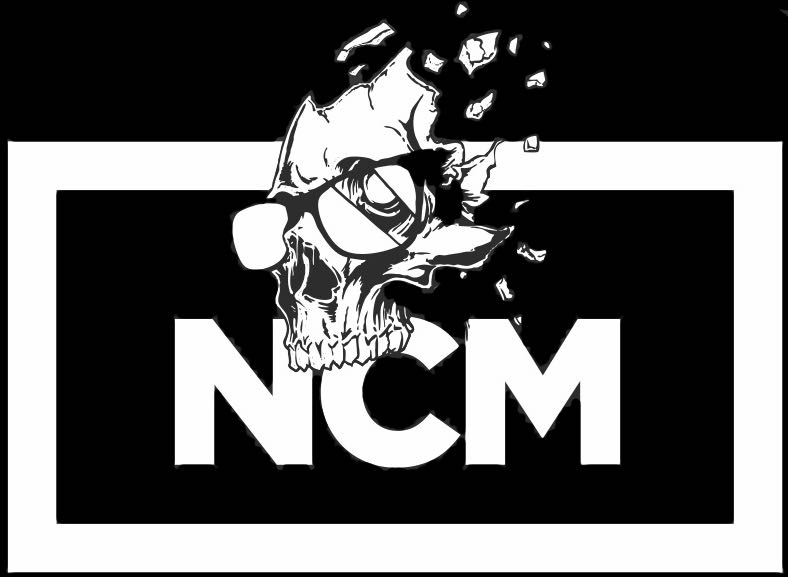How a human being breaks is an infinitely divergent thing. The digestion of our traumas doesn’t affect our reality, it becomes our reality and how these wounds are carried is what turns a human into a person.
It’s also what turns a name into a character. A normal, high functioning, talking head just isn’t that much fun to read about. We want to read about the dents. We want to see the fissures that herd people away from the health and happiness.
But we also want our horror to come in a flavor that won’t abuse our pallets like greyed out Vietnam flashbacks, bookended by flashbulb transitions. Trauma is so often played as a thing that bounces in and out of a character’s life, rather than something that is transfused into it.
This is Pisces #2’s great offering to its readers. It provides a rude and honest view at the way PTSD and guilt cannot just haunt a person but melt the filter through which they view the world.
In issue one of the series, Dillon Carpenter survived being shot down in Vietnam. He fought, clawed and killed his way to rescue, but in doing so, he left behind a friend.
Issue two takes place four years later, after the war in Vietnam has been lost and Dillon has been reduced to living with his father and working as a night shift janitor.
The world of Pisces is rendered through the eyes of Dillon and we get to see how his experiences in Vietnam have distorted the way he sees the world. Innocent shadows harbor red eyed shoggoths. The ceiling of a city bus is a dark pool, where a naked woman floats among disembodied faces. A distended, one-eyed caricature of a man Dillon killed in the war sits on the floor and tries to read the blood soaked pages of a pamphlet.
All these individual nightmares are filtered through one persistent hallucination. That Dillon is an astronaut stranded in space. Floating alone.
This creates a fabulous atmosphere of fear and isolation. The reader bares the loneliness found in surviving incredible horror only to return to a home that deems you a loser and a murderer.
We are never told how to feel. Dillon’s pain is never preached. It is seen infused into his life, an inescapable and surrounding presence that builds a barrier around him.
All of this is brought to us through gorgeous psychedelic art from Johnnie Christmas. The way the grounded and realistic moments bleed into deep space surrealism is always natural and immersive. The careful and subtle ways that reality is exaggerated does a great job at keeping Dillon’s reality tethered to the world we know.
This explosion of color and imagery is kept impactful by the sneaky incretion of quieter moments where we get to see how Dillon’s break in perception effects his relationships with other characters.
A cathartic chat with a fellow veteran has an almost antidotal effect on his psychosis and a confrontation with his father shows the tangible effects the constant flip of perception has on his real world relationships and his ability to enjoy the simple pleasures of life.
I praise a lot of different comics in this column but the deftness of Pisces‘ execution and the incredible restraint of writer Kurtis J Wiebe has elevated it to the top tier of current ongoings. It is a marvel, both within the panel and within the soul and the fact that it is still laying a ground work for bigger things is beyond exciting.






